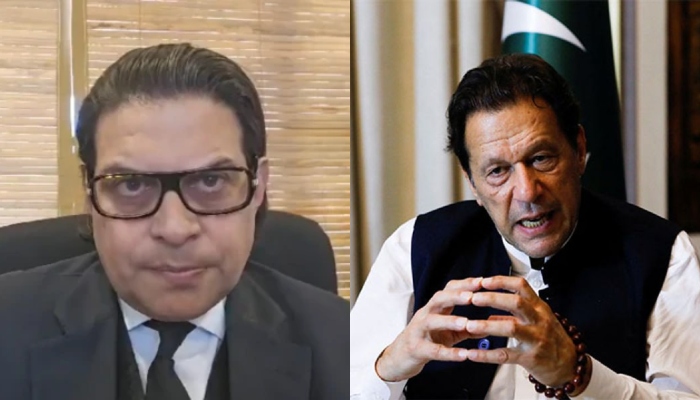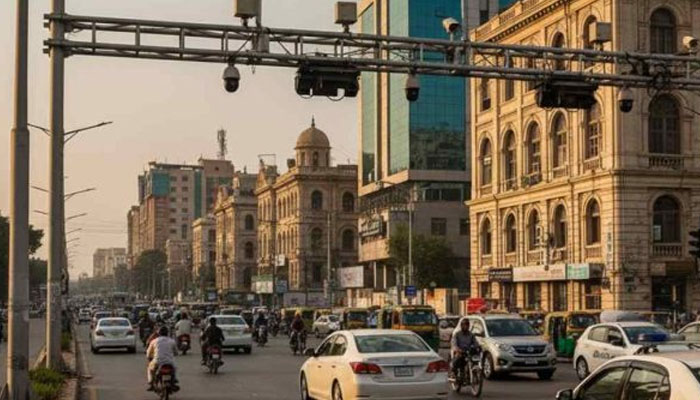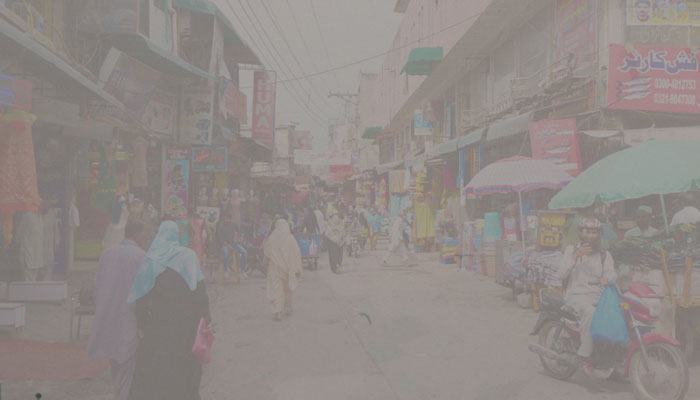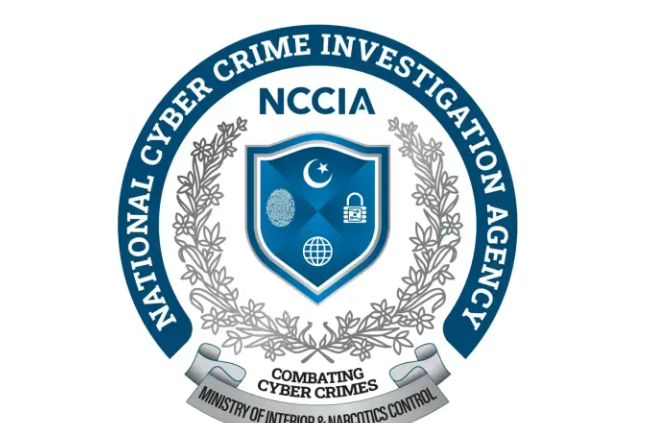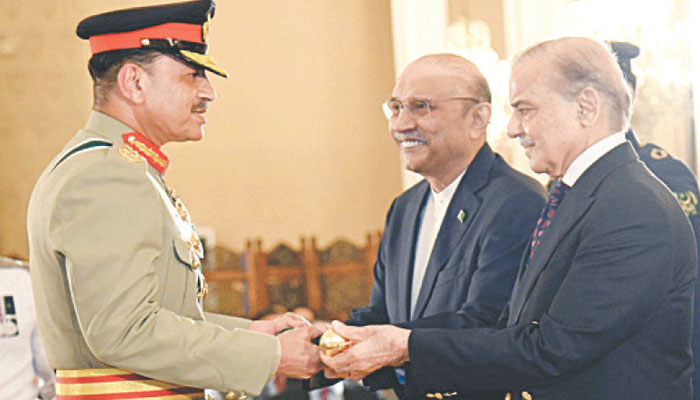LEGAL
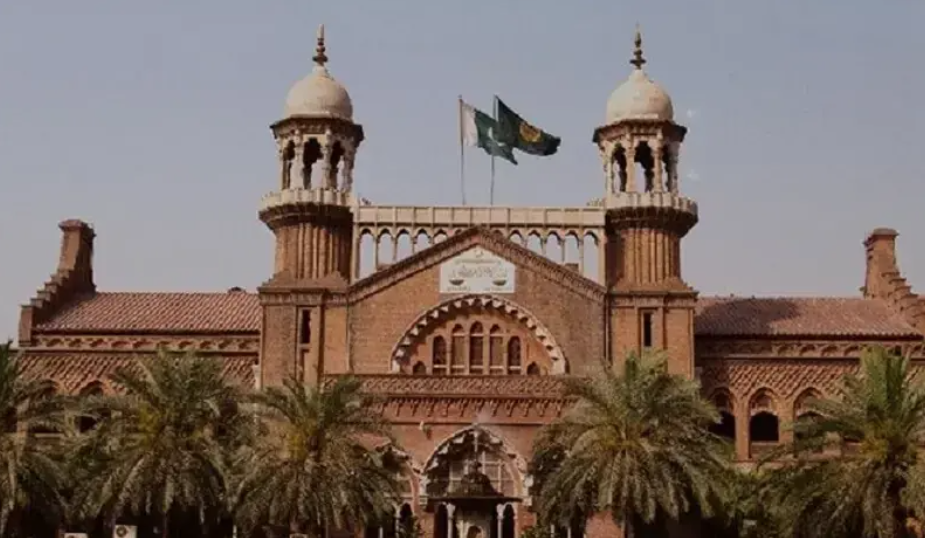
Opposition lawmakers from the Pakistan Tehreek-e-Insaf (PTI) have filed a petition in the Lahore High Court (LHC), seeking to strike down several provisions of the Punjab Local Government Act (PLGA) 2025 as unconstitutional.
The petition, filed by Punjab Assembly Opposition Leader Muhammad Moeenuddin Riaz along with lawmakers Hafiz Farhat Abbas and Ali Imtiaz, argues that key sections of the Act curtail the powers of elected local representatives and undermine democratic principles.
The plea, submitted through Advocate Abuzar Salman Niazi, names the Punjab government as a respondent. Justice Sultan Tanvir is set to hear the case.
According to the petition, Sections 15, 32, 25, 40, 55, 56, and 57 of the Act are “unconstitutional, unreasonable, and illegitimate,” violating Articles 8, 9, 17, 32, and 140-A of Pakistan’s Constitution, which guarantee fundamental rights and promote local governance.
The petitioners contend that the new law “systematically eliminates political choice” by mandating non-party-based local elections, which they argue infringes on political freedoms and the right to association. The petition further states that this system will “alienate and marginalize citizens” by censoring their political options and concentrating power in the hands of administrative officers rather than elected representatives.
They have requested the court to declare the contested sections ultra vires of the Constitution and to suspend their implementation while the case is pending.
Background of the Legislation
The Punjab government pushed the PLGA 2025 through the provincial assembly on October 13, despite fierce protests from the opposition benches. The move came after the Election Commission of Pakistan (ECP) announced that delayed local body elections would be conducted under the previous PLGA 2022.
However, following the passage of the new Act, the ECP reversed its decision on October 21, giving the Punjab government more time to complete delimitation and demarcation rules. The commission later stated that local elections could not be held before the second quarter of 2026.
PTI’s Objections
PTI leaders have sharply criticized the non-party, multi-member union council model introduced in the new law, saying it weakens political parties and undermines the principle of local autonomy. They argue that centralizing financial powers with the provincial government and granting administrators indefinite authority over local bodies violates the spirit of democratic governance.
The opposition has demanded direct elections for union council chairmen, a fixed five-year tenure, and clear timelines for local polls. PTI leaders have also called for stricter limits on administrative interference in local governance.
The petition marks the first major legal challenge to the Punjab government’s controversial local governance overhaul, setting the stage for a constitutional battle over the future of grassroots democracy in Pakistan’s largest province.
